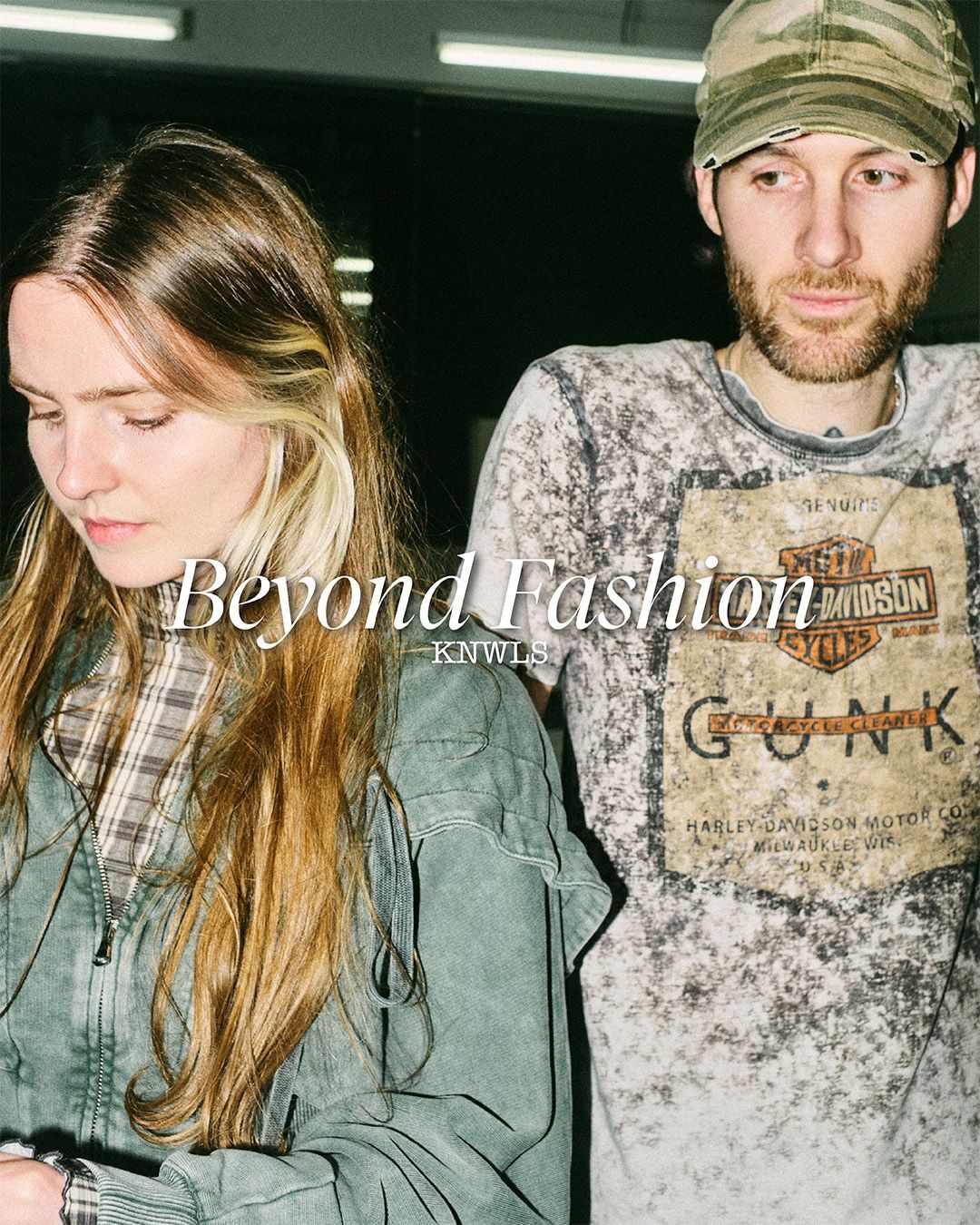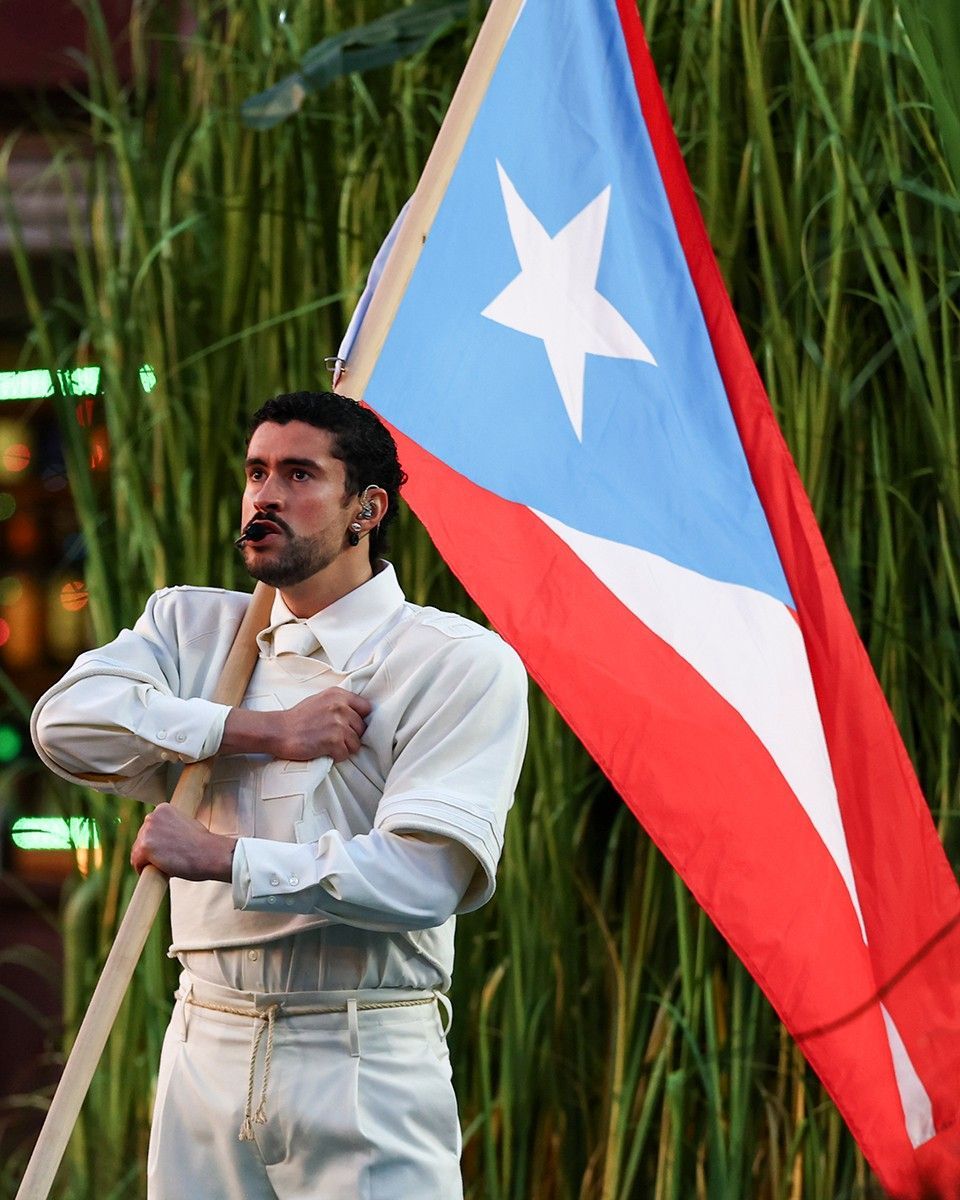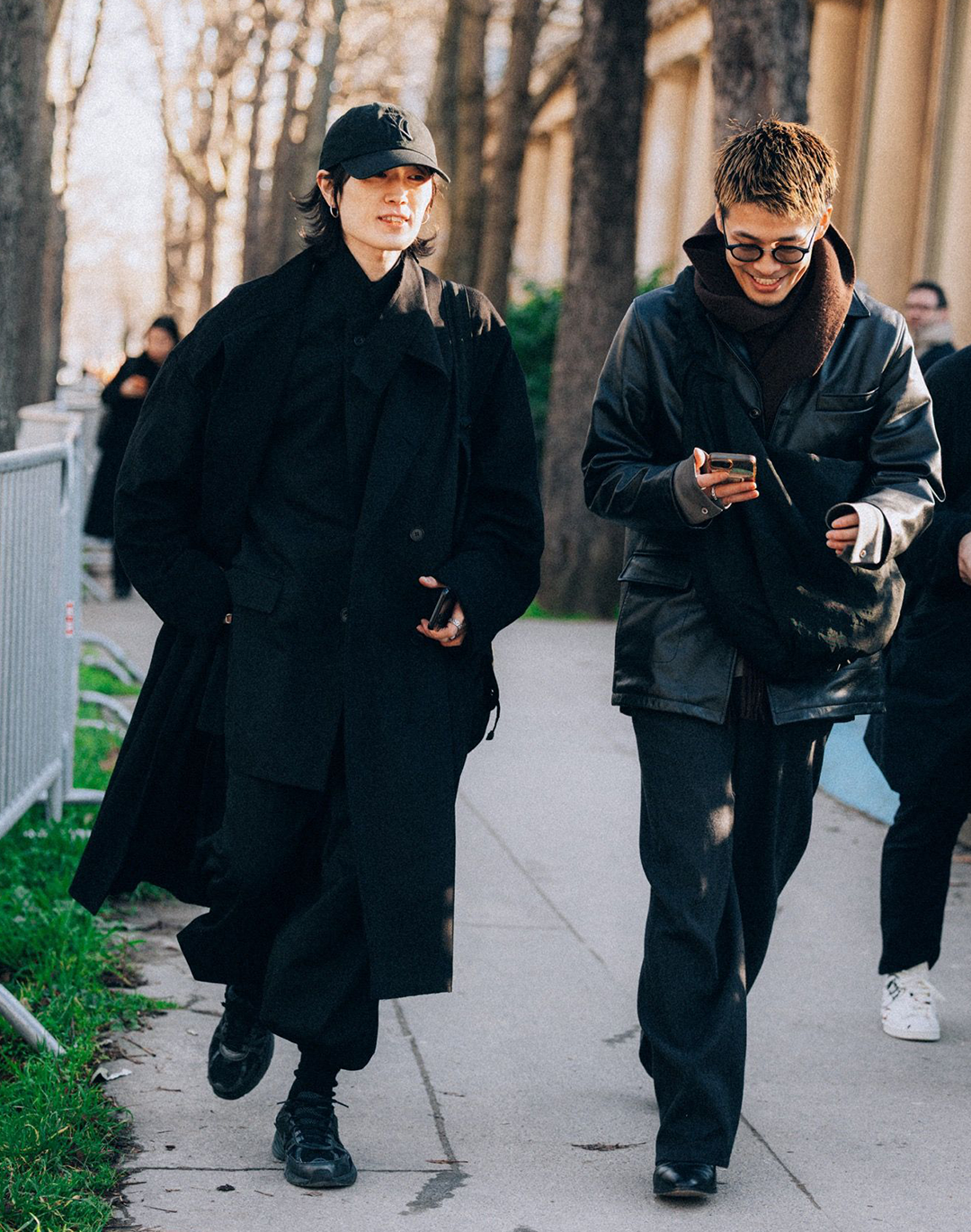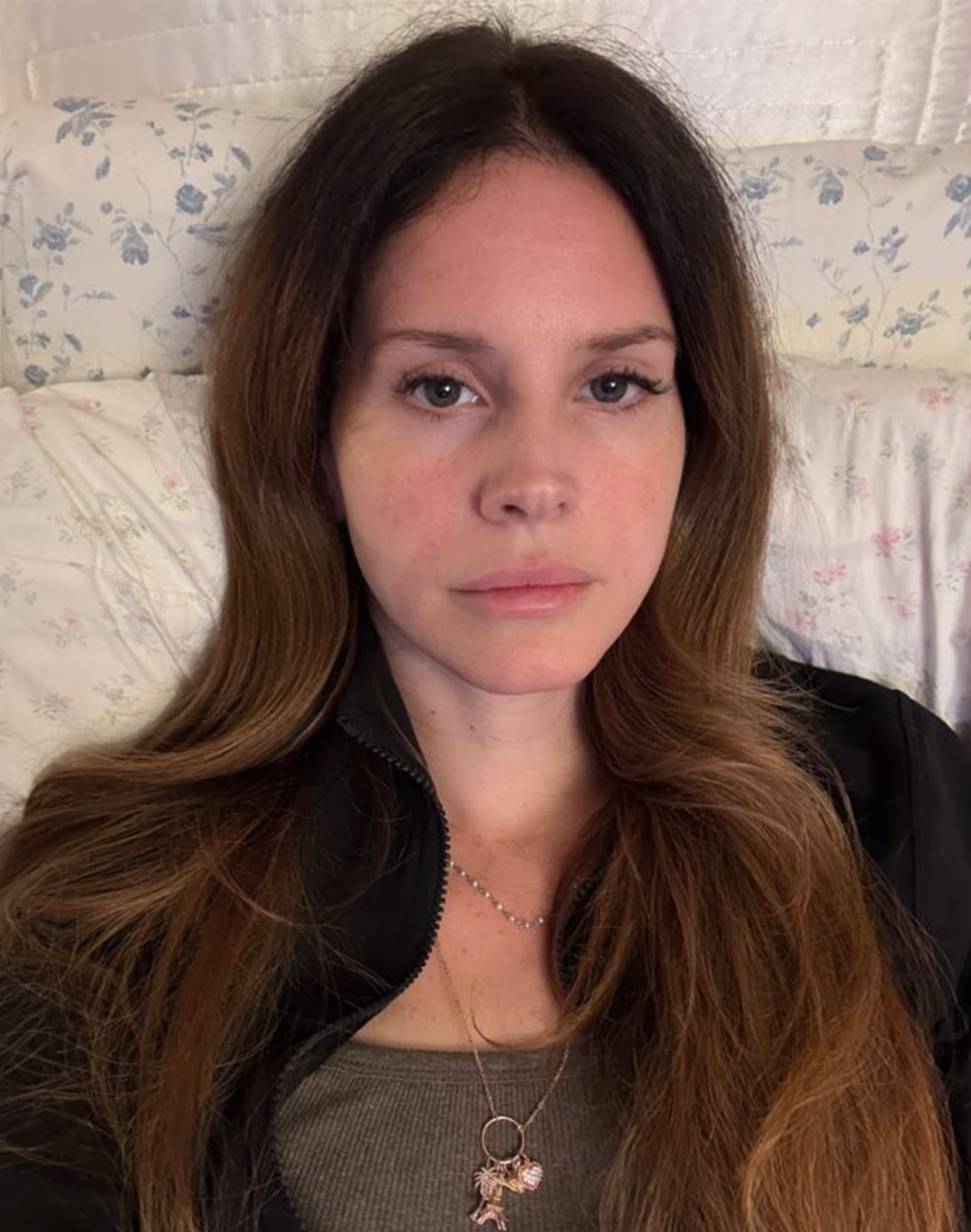
Why is Queering the Map so popular? He gained a lot of attention after some posts from Gaza Strip
In the past few days, the website Queering the Map has gained a lot of attention, a map primarily used by the LGBTQIA+ community to anonymously share significant moments in their life journey, geolocating the places where these experiences have occurred. Recently, one of the most widely circulated messages comes from the Gaza Strip and reads as follows: «I don't know how long I'll live, so I just want to share this memory before I die. [...] My biggest regret is not kissing a guy right here. He died two days ago. We had told each other how much we liked each other, but the last time, I was too shy to kiss him. He died in a bombing. I think a big part of me died as well.» Another message of love posted on the platform subtly narrates the difficulties of living in the Gaza Strip and the ongoing tragedy of the war: «I always imagined you and me sitting outside in the sun, hand in hand, finally free. We talked about all the places we would go if we could get out of here. But now you're not here anymore. If I had known that the bombs raining down on us would take you away from me, I would have told you that I loved you more than anything else.» However, this is not the first time that Queering the Map has been used during a conflict. In 2022, various screenshots from Ukraine were circulated, including one that said, «this is the only safe place [for LGBTQIA+ people] in Donetsk. I hope it survives the war. My heart might not otherwise.»
How Queering the Map Works
@miriam_tinny Even though these aren’t happy anecdotes, they are human, they are whole. And reading those human stories, just those two, filled my heart with something richer than just sorrow. Because while they are heartwrenching, they are complex, they are deep, they paint a picture of fullness. #freepalestine #queeringthemap #palestine #humanity original sound - Miriam
When Canadian Lucas LaRochelle founded Queering the Map in 2017 during a university course, he initially marked the tree where he often met with his boyfriend, but also a spot in the woods he frequented with one of his first partners. In the following years, the platform became a beloved digital space for LGBTQIA+ users, thanks in part to viral videos on TikTok, and today there are tens of thousands of entries in almost 30 different languages. Many of the marked places have historical significance for the entire LGBTQIA+ community – for example, the Stonewall Inn in New York, where the gay liberation movement began in the 1960s. In Milan, in the Porta Venezia district historically connected to the LGBTQIA+ community, several spots are marked – at the Red Cafè on Via Lecco, a famous establishment, a user wrote: «The first gay bar I ever went to.» However, most of the spots are anonymous. In Faenza, a town in the province of Ravenna with a population of about 60,000 where I am writing this article, a geolocated message in the main city park says «our first kiss,» while another nearby says «the first date with the most important person in my life.» In the surrounding areas, there are other spots in towns with fewer than 10,000 residents.
A Digital Space for Expression and Safety
@tblizzy Reading the stories of queer Palestinians (from: Queering the Map) . Listen & Share their stories. Those who say they support Palestine, take note of whether or not you support ALL of Palestine… #freepalestine #queeringthemap #queerpalestinian IB: @Joris_explains original sound - tblizzy
Many messages on Queering the Map come from countries where being gay, or belonging to the LGBTQIA+ community in general, is at best a stigma and at worst a crime. There are, for example, many spots in Russia and much of the Middle East. «Know that [...] gay Palestinians exist. We're here, and we're queer,» reads another geolocated message in the southern Gaza Strip. One of Queering the Map's intentions is to allow LGBTQIA+ individuals to feel less alone, even in places where being openly out is dangerous. The testimonials published on the site are anonymous, and the date of submission is not indicated to protect users completely – the platform recommends that people from countries where homosexuality is criminalized use a VPN. «I think intimacy is one of the most special things about Queering the Map, as it is one of the aspects that is missing most from dominant social networking platforms,» said the platform's founder. In this way, LaRochelle continues, «users have the opportunity to leave an intimate trace of their lives online that is not linked to their digital profile.»










































